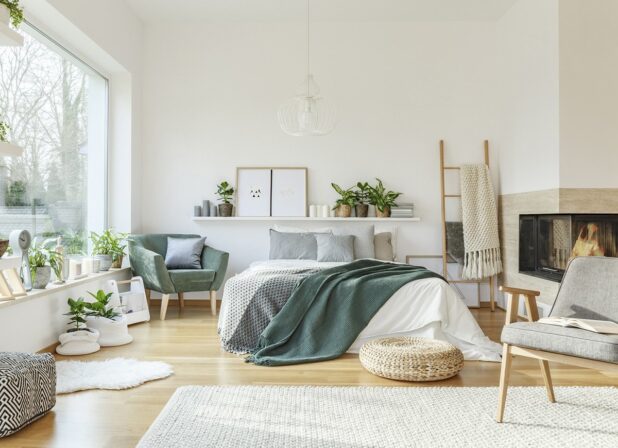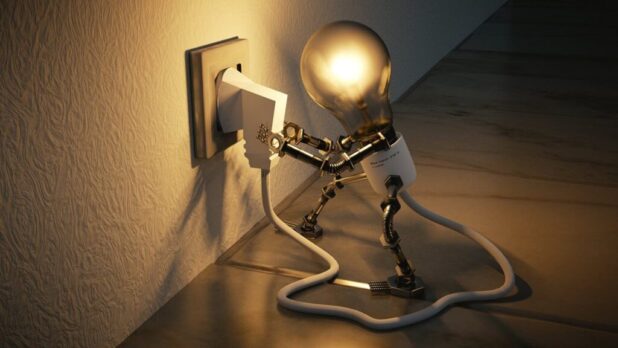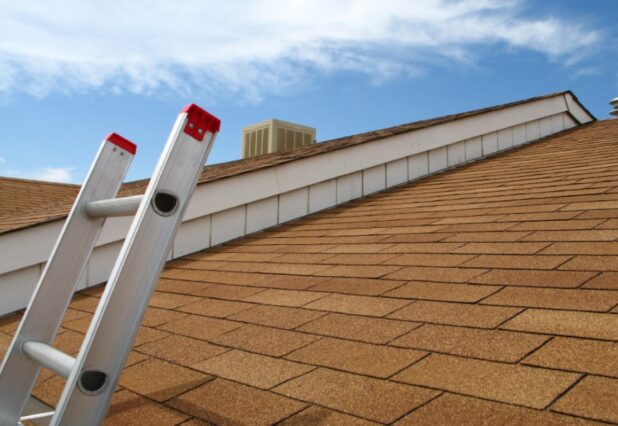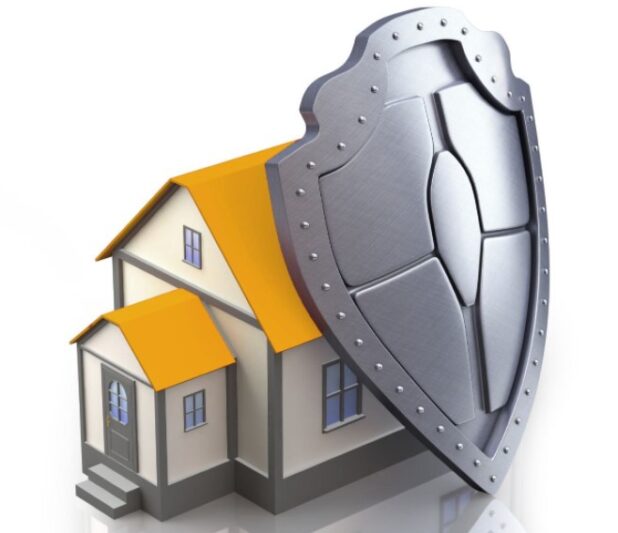You are a week away from moving into your brand-new home. This purchase feels huge, as you are used to moving from apartment to apartment as the end of your yearly lease. You spent years saving, months searching, and endless hours scrolling for new furniture.
As you finish packing, all you can think about is how exciting it will be to finally have everything finished. However, while you are already on a roll, there are a few things you want to do first. Trust me, if you do these things before you are settled, you will be thankful.
Table of Contents
1. Renovate Room by Room

If you are itching to move into your new house for one reason or another, whether it be because of a lease ending or the start of a new job, it may not be best to renovate huge parts of the property at the same time. This may sound obvious.
Many people are smart enough not to remodel an entire home at once, given that they have moved in. However, we often see people taking on a few rooms at a time.
This can prove to be problematic. It can get very overwhelming, time-consuming, and can cause heavy burnout. Speaking of burning, that hole in your wallet can burn a lot hotter than you thought it would.
A better approach would be to prioritize a few rooms and go one by one. If the holidays are far enough away and you want to redo the kitchen and the living room, make a plan for both, a budget for both, and then prioritize one over the other.
This makes it so that if one goes over budget, you can wait to do the other or make different decisions about the types of renovations. You will not be stuck with multiple projects that may go awry.
2. Change the Locks Before You Move In
This is something that is on many people’s radar. Changing the locks is never a bad idea since you simply cannot know how many people have keys to your house. However, in the midst of the stress of moving, many people forget to change the locks before they move in. Keys are often not made overnight.
You do not want to move into a new house with a whole bunch of safety features, just to realize that these gadgets prove obsolete when someone can easily waltz into your house because they have a key. Trust me, it will save you a lot of stress if you prioritize this beforehand.
3. Become Aware of Your Energy Usage

Whether you lived with your parents, in student housing, or in an apartment before buying your first home, you probably did not have to pay as much due to energy usage as you will now. Of course, the most ideal way to go about energy efficiency is to buy appliances that consume a smaller amount of energy and put solar panels on your roof.
However, since many people cannot justify these expenses, there are things that you can do every day to lessen your energy usage.
Turning off lights when you leave a room, only running the dishwasher when it is full, unplugging appliances, and using sunlight during the day are all ways to decrease your carbon footprint and help out your monthly expenses. Alternatively, you can look for a more budget-friendly and efficient energy plan to help save on your energy bill. You can check out texas power to choose reviews to learn more.
4. Clean and Pest Proof Before You Move In
You will often hear about people deep cleaning their house before or immediately after they move in. However, depending on the season, new homeowners can forget about pest-proofing their home, inside and outside.
Deep cleaning the basement and attic is a great start considering that they can be the most obvious places for rodents and insects to infiltrate. Make sure that entryways and windows into the basement and attic are sealed, and then start with the rest of the house.
Clean and examine any cracks, crevices, or drafty areas that may invite unwanted guests. The outside matters too! Trees that hang over the house and chopped firewood on the porch can be a great place for pests to hide and nest.
Lastly, be careful with bringing things inside the house. Tools used outside should either stay there or be properly checked before storing them, and anything left on the porch should be checked before bringing it in.
5. Check On Your Roof

You know that the roof is going to need regular repairs if you don’t want to spend an arm and a leg after a bad incident. However, understanding the type of material your roof is made out of and when it was last serviced will help you to preserve your roof to the best of your abilities.
Determine the lifespan of the material, tend to your roof regularly to clean up, especially after storms, and always check your gutters. This way, you can better schedule replacements and touch-ups in order to avoid disaster.
6. Become Familiar With Your Taxes
Become familiar with it all: the good, the bad, and the ugly. You are paying your property taxes, but research what happens if you do not pay them. With what can you pay them? Is paying with a credit card a smarter option, or not? What tax deductions are you eligible for when you buy and own a home? Do your research and learn, learn, learn!
7. Establish Safety Rules Within Your Household

Many people have safety plans and rules at their workplaces, but often panic when something goes wrong at home. It is never a bad idea to create safety measures within your new house. This can be especially important with kids but still crucial regardless.
Keep your smoke detectors maintained, install security systems if you have the means to do so, and create alerts for emergency contacts on your devices. Also, if you choose to have guns in the house, make sure that they are unloaded and locked away, ensuring that only adults have access to them!
These items provide great hobbies and value to many, but safety is always crucial, no matter the use! Click here if you are looking to purchase one.
 World Magazine 2024
World Magazine 2024






